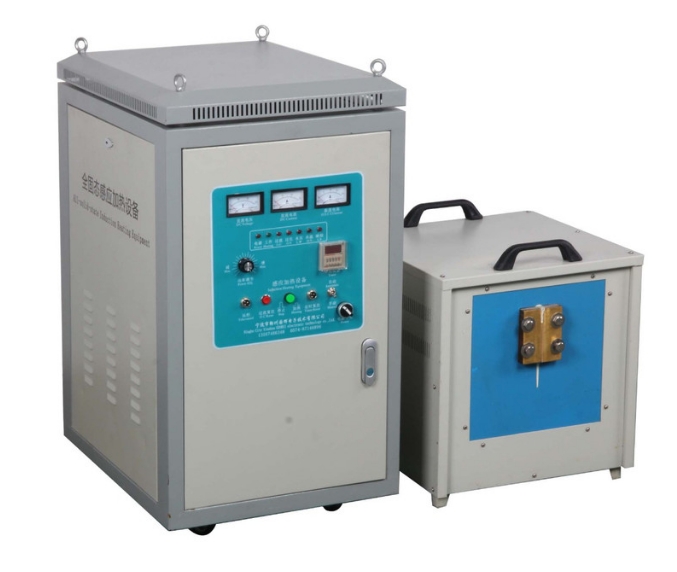- 28
- Oct
Principle of energy monitor for induction heating equipment
Principle of energy monitor for induction heating equipment
The main process parameters of induction heating are heating power (kW) and heating time (s). If the power fluctuation or time fluctuation exceeds a certain range during work, the heating temperature of the workpiece will fluctuate, which will affect the quality of the quenched workpiece. Early induction heating equipment used methods of controlling heating power and heating time for heating overflow; for power supply voltage fluctuations, measures such as voltage stabilization were used.
1. Use of energy monitor
With the development of control instruments, energy kW. The s value directly controls the energy monitor of the heating process and is used in production. This energy monitor can set the upper and lower limits. If the energy exceeds the limit during the production process, it will automatically stop. The panel is large and easy to observe. There are upper and lower limit settings under it, and the right is over, qualified and under. Worth three gears. This monitor also has a counting function, and an optional printer can be installed as a record file when needed.
2. TOCCO induction heating coil monitor
TOCCO induction heating coil monitor
Its characteristic is to measure energy directly from the induction coil, making the control of the hardened layer pattern and depth more accurate; in addition, this monitor also provides real-time coil voltage, current, power, power factor, heating time, coil impedance and frequency monitor. This instrument is flexible and can be used in intermediate frequency furnaces or high frequency furnaces through a changeover switch. Intermediate frequency mode: the applicable frequency is 3-25 kHz, the power range is 1 to several thousand kW, which can be used in any type of intermediate frequency power supply; the high frequency mode: the applicable frequency is 25-450kHz, and the power range is l-100kW. Can be used for peripheral or tube power supply.
This instrument can work independently, or connect to a program controller for fault detection, and each has two fault relays, each with kW. s value or heating time limit, so that a single monitor can be applied when hardening and tempering occur in the same cycle.

